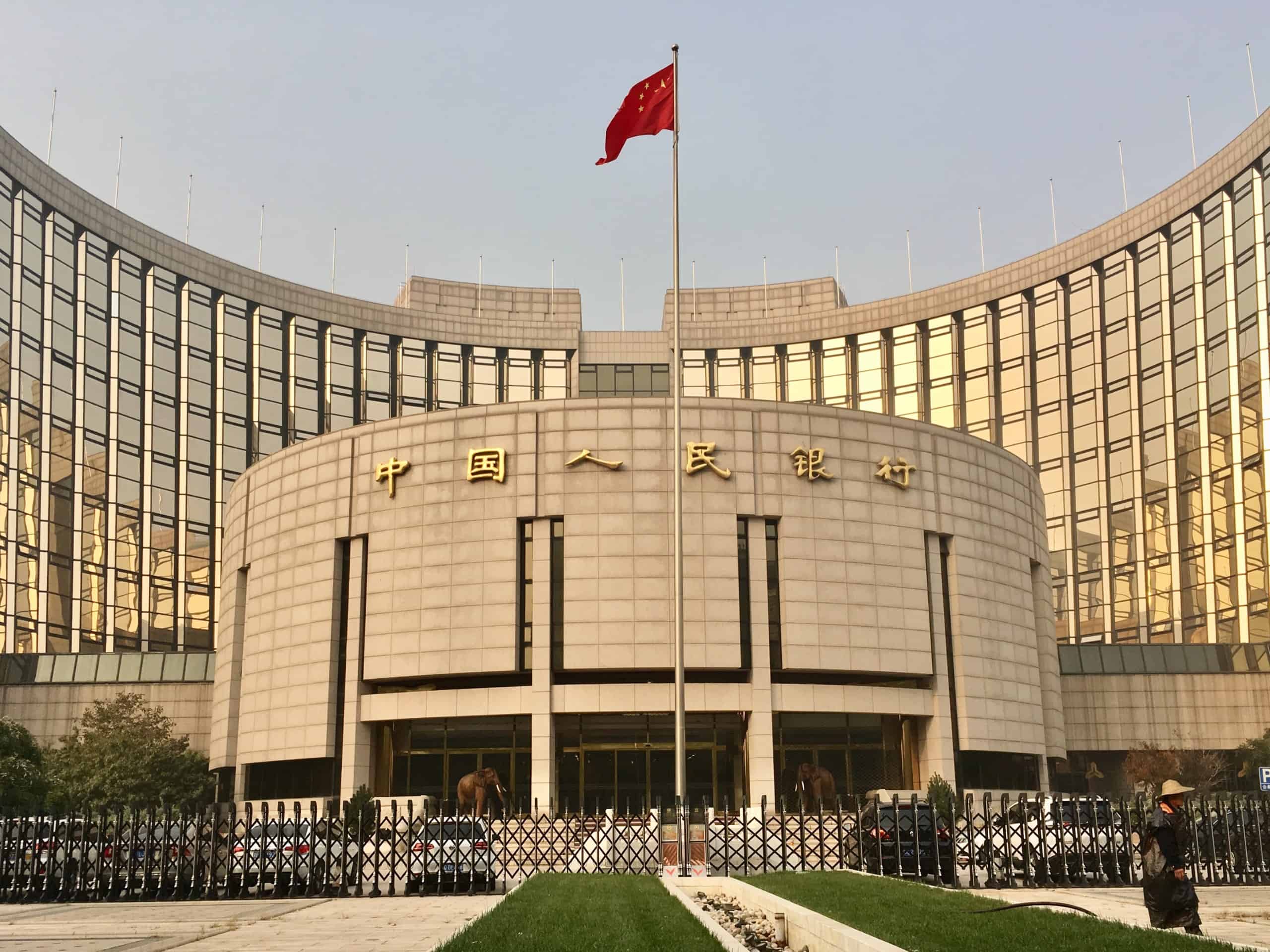The Evergrande saga has captured global attention as one of the world’s most heavily indebted companies threatens to default on billions of dollars’ worth of debt. It’s not just foreign investors who are on tenterhooks, however. Land sales to real estate companies like Evergrande have been a vital source of revenue for cash-strapped local governments across China in recent years, which have used the funds to drive growth and economic innovation.
As the real estate sector’s woes
Subscribe or login to read the rest.
Subscribers get full access to:
- Exclusive longform investigative journalism, Q&As, news and analysis, and data on Chinese business elites and corporations. We publish China scoops you won't find anywhere else.
- A weekly curated reading list on China from Andrew Peaple.
- A daily roundup of China finance, business and economics headlines.
We offer discounts for groups, institutions and students. Go to our
Subscriptions page for details.
Includes images from Depositphotos.com


